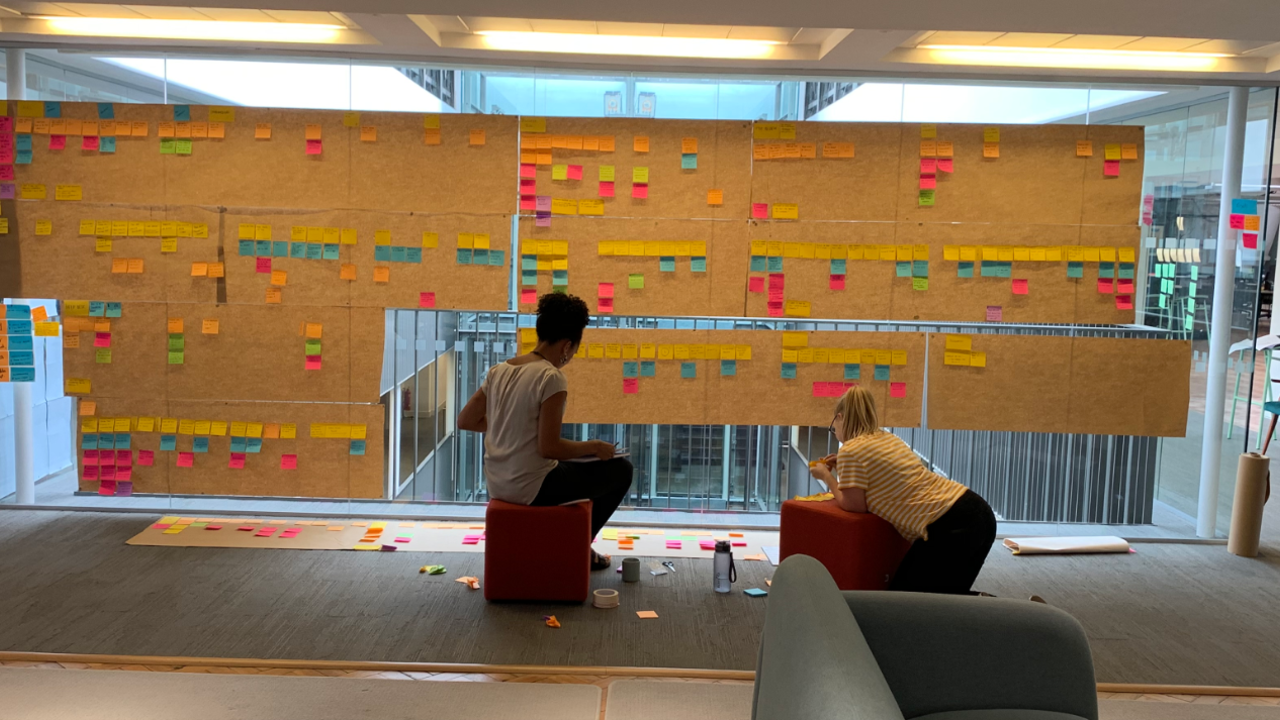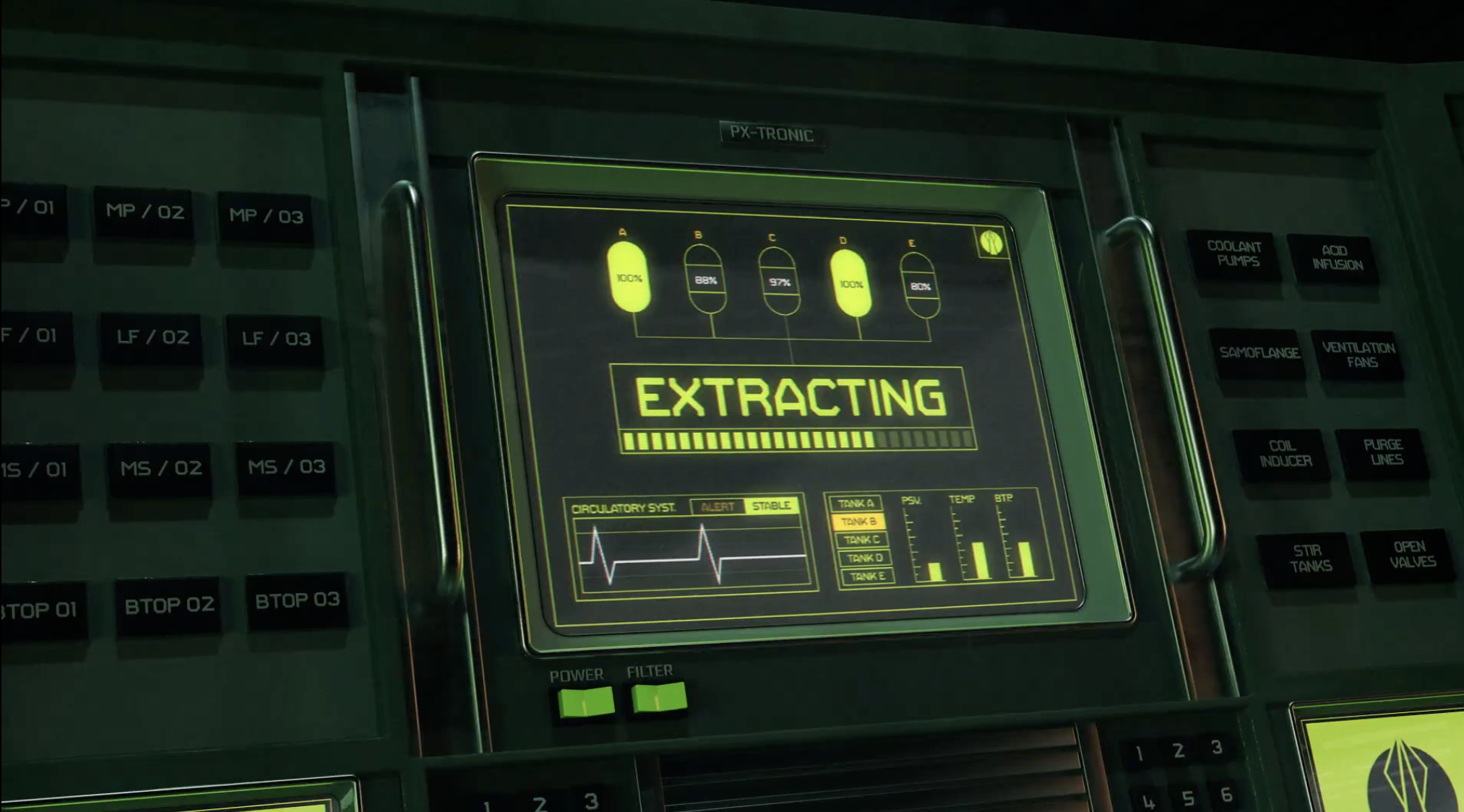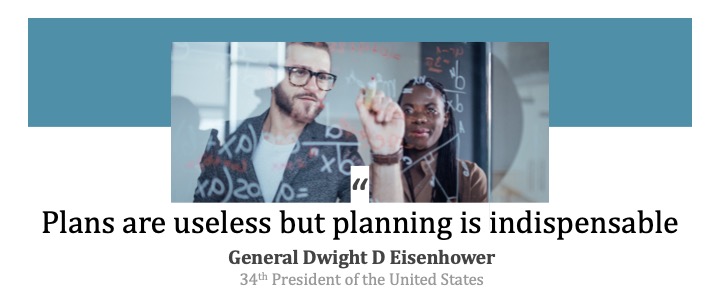
The UK government has boldly committed to ‘leading the change to net zero’, positioning the nation as a forerunner for green energy.
Nuclear has been identified as an essential component of reaching this goal, being the second-lowest CO2 emitter of CO2 of any generating source, second only to onshore wind. And with the constraints on wind power – highlighted by the record-breaking energy price increase in November 2021 due to insufficient wind - nuclear must play a key role in delivering a sustainable Net Zero future.
Nuclear energy however faces its own challenges. From a new build perspective, Hinkley Point C is currently predicted to become operational by the end of the decade, while the construction and commissioning of Sizewell C is expected in the mid-2030s.
“Many industries continue to operate in the same ways, with onsite uncertainty, bottlenecks and a lack of early warnings for potential issues, while hoping for better outcomes. Taking a digital approach creates a single source of truth with a 360-degree view of the project and give clients peace of mind and reputational security that their projects can be delivered on time and on budget.” Darren Grears, Director, Head of Digital, Nuclear and Power, EMEA, AtkinsRéalis
With the clock ticking, we must look at how nuclear can leverage on the accelerated pace that digital innovation can provide.
By bringing in new tech talent and embracing innovative digital tools, the nuclear industry can optimise existing resources, expedite new projects, and enhance efficiency, safety, and cost-effectiveness. Technologies such as reality capture, design transformation, robotics, predictive asset maintenance, and digital twins are identified as vital to transforming the nuclear project lifecycle.
Building our Nuclear power capacity is unavoidable for the UK to achieve its net zero targets by 2035. Despite the challenges, the adoption of digital solutions and the construction of new facilities will ensure that nuclear energy continues to play a pivotal role in the UK's sustainable future.
The commitment to digital transformation and the strategic extension of existing nuclear assets will pave the way for a greener, more efficient energy system, securing the UK's position as a global leader in the fight against climate change.
“Looking to the future, we cannot afford to continue on as we are. We are on a burning platform, and without the benefits of digital – efficiency, reduced costs, increased safety and sustainability – the future of the industry is uncertain.” Sam Stephens, Director, Head of Digital, Nuclear, AtkinsRéalis








